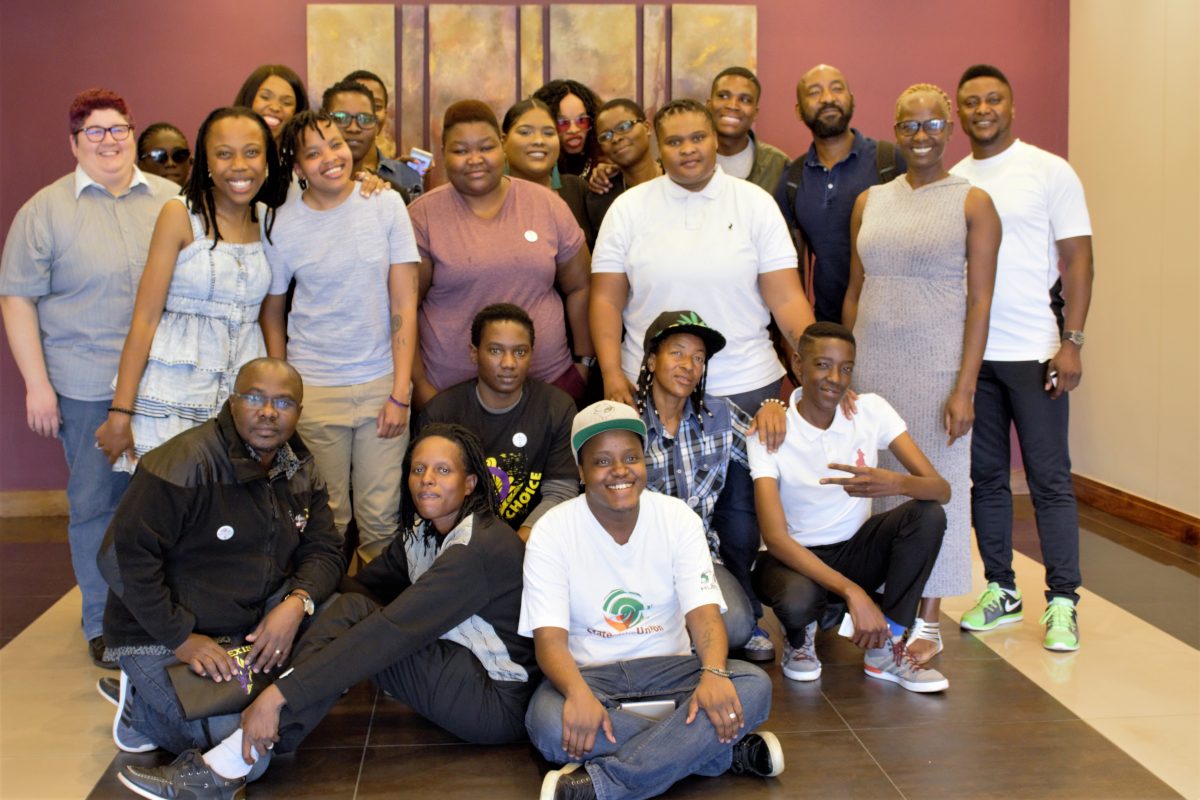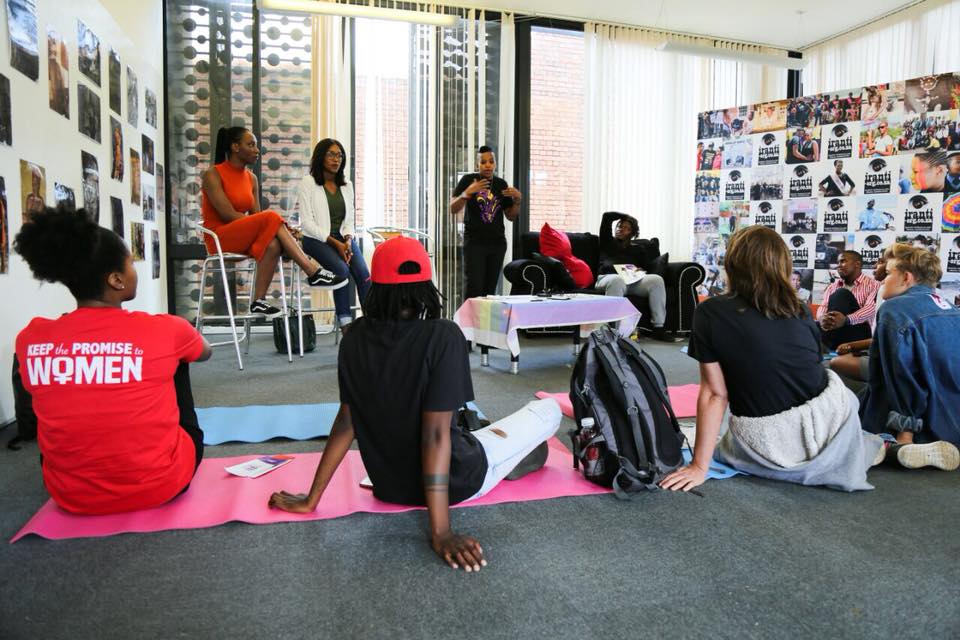Public Statement by the African Intersex Movement
26 November 2017
Between the 24th and 26th November 2017, the First African Intersex Meeting took place in Johannesburg, South Africa. This meeting brought together 22 intersex people representing intersex organisations from 7 African countries.
Preamble
We recall the principles of the Public Statement by the Third International Intersex Forum (known as the Malta Declaration) and extend the demands aiming to end discrimination against intersex people in Africa, to ensure the right of bodily integrity, physical autonomy and self-determination.
We affirm that intersex people are real, and we exist in all countries of Africa. As intersex people in Africa, we live in a society that perpetuates violence and killings of intersex people by cultural, religious, traditional and medical beliefs and practices. Therefore, we must be supported to be the drivers of social, political and legislative changes that concern us.
Demands
- To put an end to infanticide and killings of intersex people led by traditional and religious beliefs.
- To put an end to mutilating and ‘normalising’ practices such as genital surgeries, psychological and other medical treatments through legislative and other means (such as education, policy and treatment protocol change). Intersex people must be empowered to make their own decisions affecting their own bodily integrity, physical autonomy and self-determination.
- To include intersex education in antenatal counselling and support.
- To put an end to non-consensual sterilisation of intersex people.
- To depathologise variations in sex characteristics in medical practices, guidelines, protocols and classifications, such as the World Health Organization’s International Classification of Diseases.
- To ensure that sex or gender classifications are amendable through a simple administrative procedure at the request of the individuals concerned. All adults and capable minors should be able to choose between female (F), male (M), intersex or multiple options. In the future, sex or gender should not be a category on birth certificates or identification documents for anybody.
- To raise awareness around intersex issues and the rights of intersex people in communities and society at large.
- To create and facilitate supportive, safe and celebratory environments for intersex people, their families and surroundings.
- To ensure that intersex people have the right to full information and access to their own medical records and history.
- To ensure that all professionals and healthcare providers that have a specific role to play in intersex people’s well-being are adequately trained to provide quality services.
- To acknowledge the suffering and injustice caused to intersex people
- To build intersex anti-discrimination legislation in addition to other grounds, and to ensure protection against intersectional discrimination.
- To ensure the provision of all human rights and citizenship rights to intersex people, including the right to marry and form a family.
- To ensure that intersex people are able to participate in competitive sport, at all levels, in accordance with their legal sex. Intersex athletes who have been humiliated or stripped of their titles should receive reparation and reinstatement.
- To recognise that medicalization and stigmatisation of intersex people result in significant trauma and mental health concerns.
- In view of ensuring the bodily integrity and well-being of intersex people, autonomous non-pathologising psycho-social and peer support be available to intersex people throughout their life (as self-required), as well as to parents and/or care providers.
In view of the above the African Intersex Movement calls on:
1. National governments to address the concerns raised by the African Intersex Movement and draw adequate solutions in direct collaboration with intersex representatives and organisations.
2. Traditional and religious leaders to stop harmful cultural practices, such as tradition-led mutilations and killings of intersex people.
3. National, regional and international human rights institutions to take on board, and provide visibility to intersex issues in their work.
4. Community leaders to engage in intersex education to dispel misconceptions and stigma around intersex people.
5. Human rights organisations to contribute to build bridges with intersex organisations and build a basis for mutual support and meaningful engagement. This should be done in a spirit of collaboration and no-one should instrumentalise intersex issues as a means for other ends.
6. Funders to engage with intersex organisations and support them in the struggle for visibility, increase their capacity, the building of knowledge and the affirmation of their human rights.



